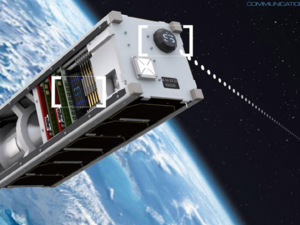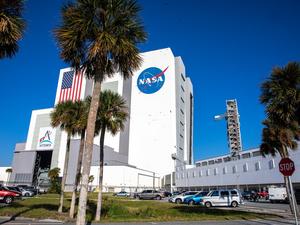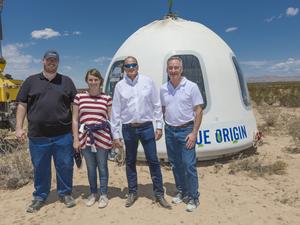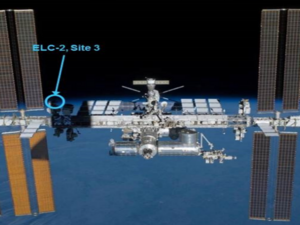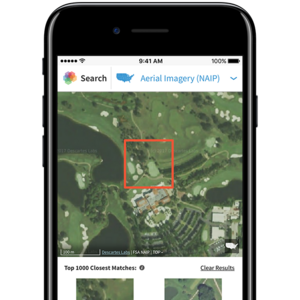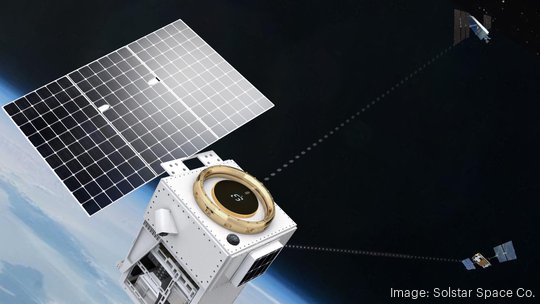
Last year, New Mexico Inno ran a competition called Inno Madness which pitted 16 New Mexico startups against one another in a bracket-style challenge. Readers voted on which startup should advance through each round of the competition and eventually settled on two — Albuquerque's Build with Robots and Santa Fe's Solstar Space Co.
As we near the nomination deadline for our second annual Inno Madness competition, and about a year after being named the inaugural champion, Albuquerque Business First checked in with Solstar Space Co. to hear about its recent progress, new technology and how it's creating a commercial path.
Be sure to nominate your favorite New Mexico startup for this year's bracket by Monday.
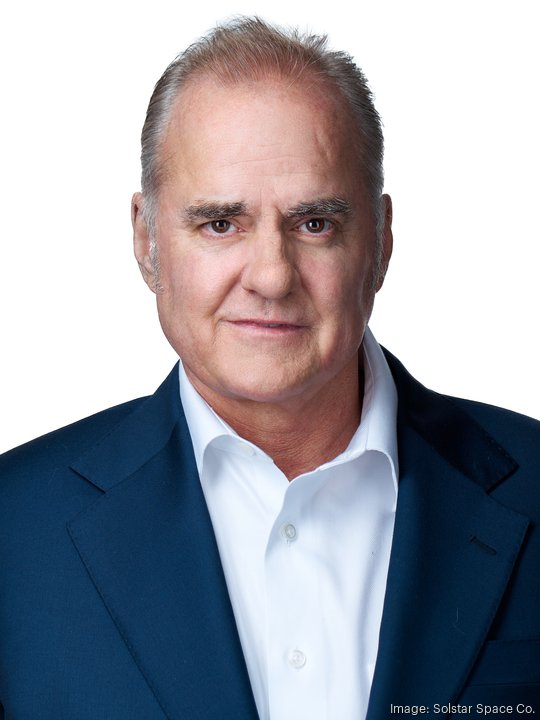
A phase one technology transfer contract through the Department of the Air Force will help Santa Fe-based Solstar Space Co. test one of its new space connectivity products.
The company on Wednesday announced that it received the three-month, $75,000 contract to further its Slayton Space Communicator. It's one of a few technologies currently under development by Solstar.
The Slayton product is essentially a broadband network device that allows constant high-speed uplink and downlink data relays on various space assets that range from satellites to space stations to lunar habitats.
Solstar's CEO Brian Barnett told Albuquerque Business First that money from the contract would support Solstar as it readies the Slayton Space Communicator for commercial and government applications.
Through the contract, the company will partner with Andrei Zagrai, Ph.D., a mechanical engineering professor at the New Mexico Institute of Mining and Technology, to test the space communicator using a satellite health monitoring unit developed at the university.
"We'll provide the satellite broadband connection to a spacecraft or rocket and then the New Mexico Tech sensor package will be able to plug into our internet connection and send data," Barnett said. "Basically what we do is we provide a broadband internet connection and then our customers decide how they want to use it."
Solstar's Slayton Space Communicator complements one of the company's other products, Barnett said. Called WiFi access points, they are small connectivity devices designed to be used inside space stations, on lunar rovers or lander cabins, according to Solstar's website.
The company plans to deploy one of those access points inside NASA's Habitation and Logistics Outpost. It's one part of the agency's lunar-orbiting space station called Gateway, which is under development for its Artemis program.
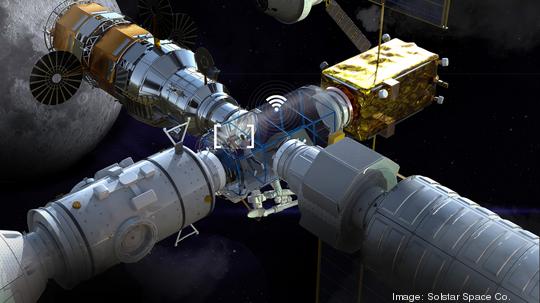
Solstar has another space communication product called the Deke Space Communicator, which is a narrowband network device used to connect satellites with other Internet of Things devices.
Both "Communicator" products can be attached to the same system in space and provide different network connections.
Solstar is developing this suite of space communications technologies to be ready for commercial and government application in the next couple of years, Barnett said. Interest from potential customers has ramped up in recent months, he told Business First while declining to discuss specific details due to non-disclosure agreements.
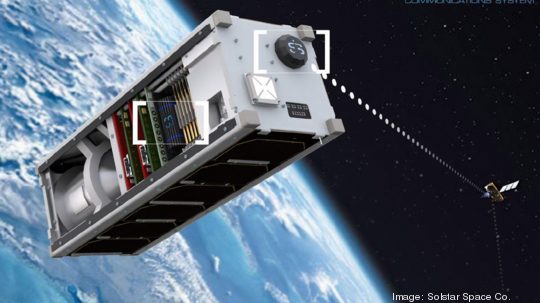
Solstar plans to apply for a phase two contract once the current contract for the Slayton Space Communicator technology is done, Barnett said. That phase two contract would give Solstar over $1 million to further develop the product through more testing and prototyping. Barnett said the broadband technology could be ready for commercial use in 2025.
That's a longer timeline than its WiFi access points. Barnett said his company wants to build those this year and have them ready for commercial use in 2024.
While Barnett said Solstar is targeting work with NASA and the Space Force in the future, the commercial market could hold the most potential. The company's previously worked with Blue Origin and Northrup Grumman for testing and deploying its products.
"We believe they're all really important," Barnett said about those potential customers. "But we believe the commercial market will be the biggest force over time."
